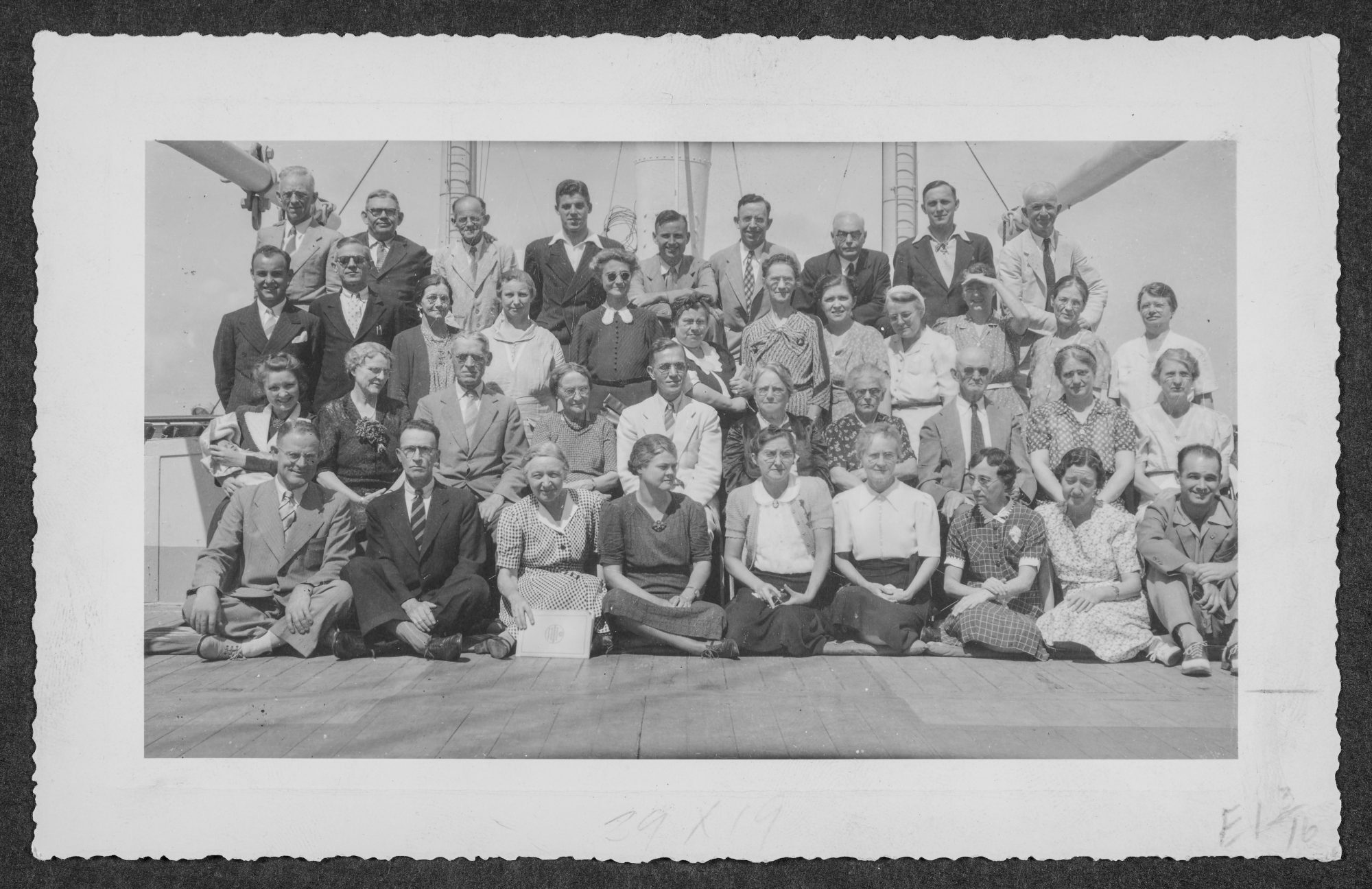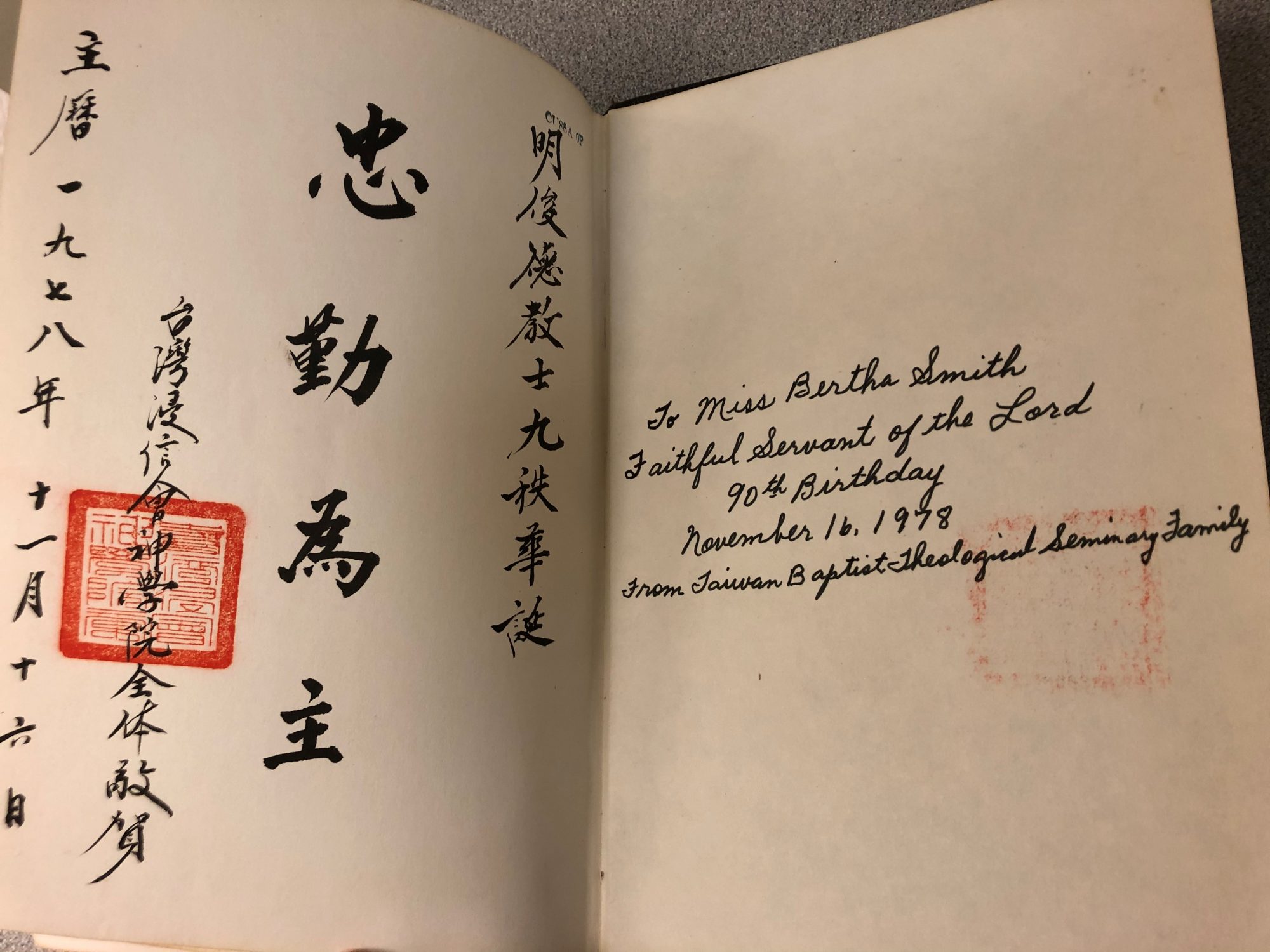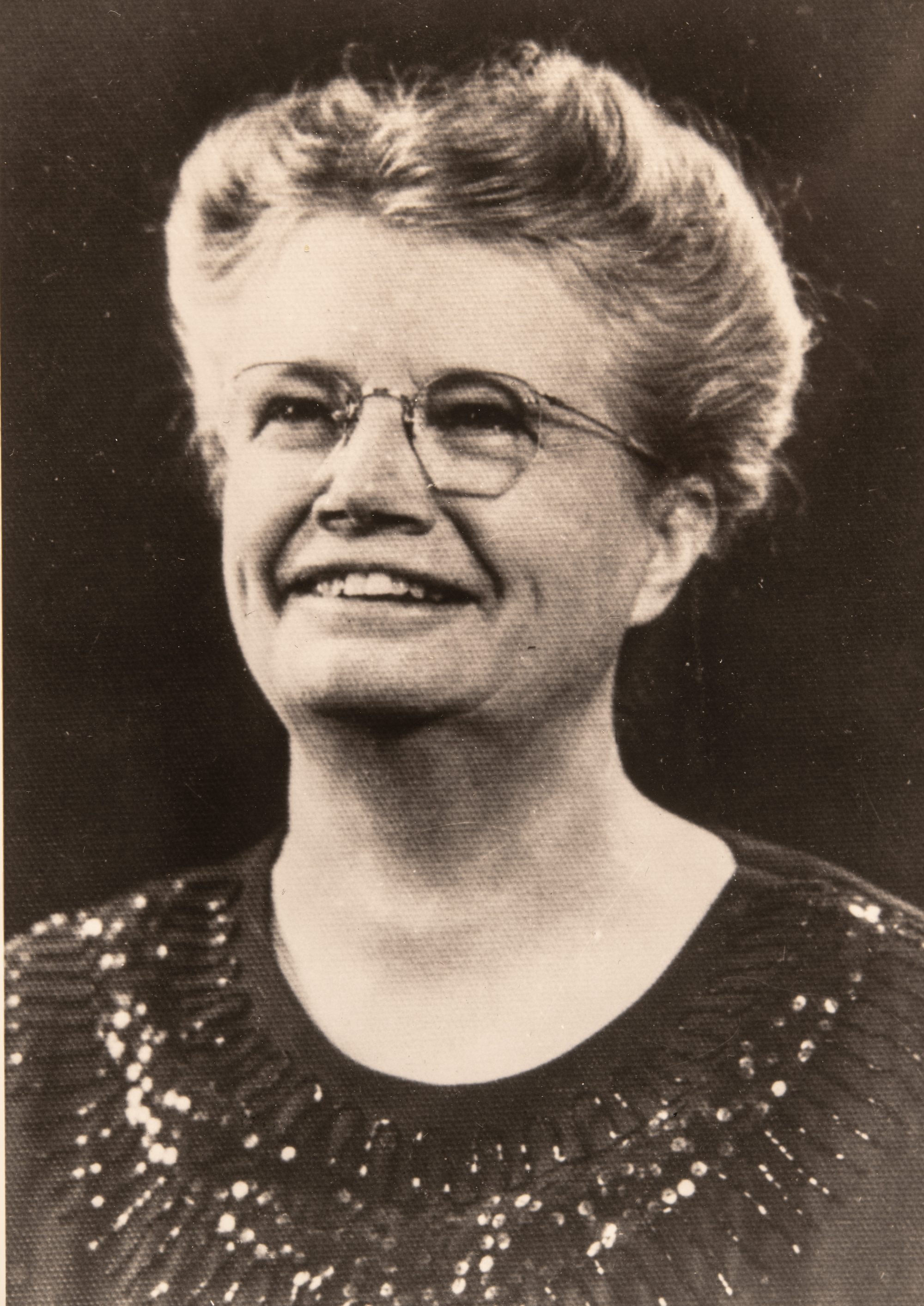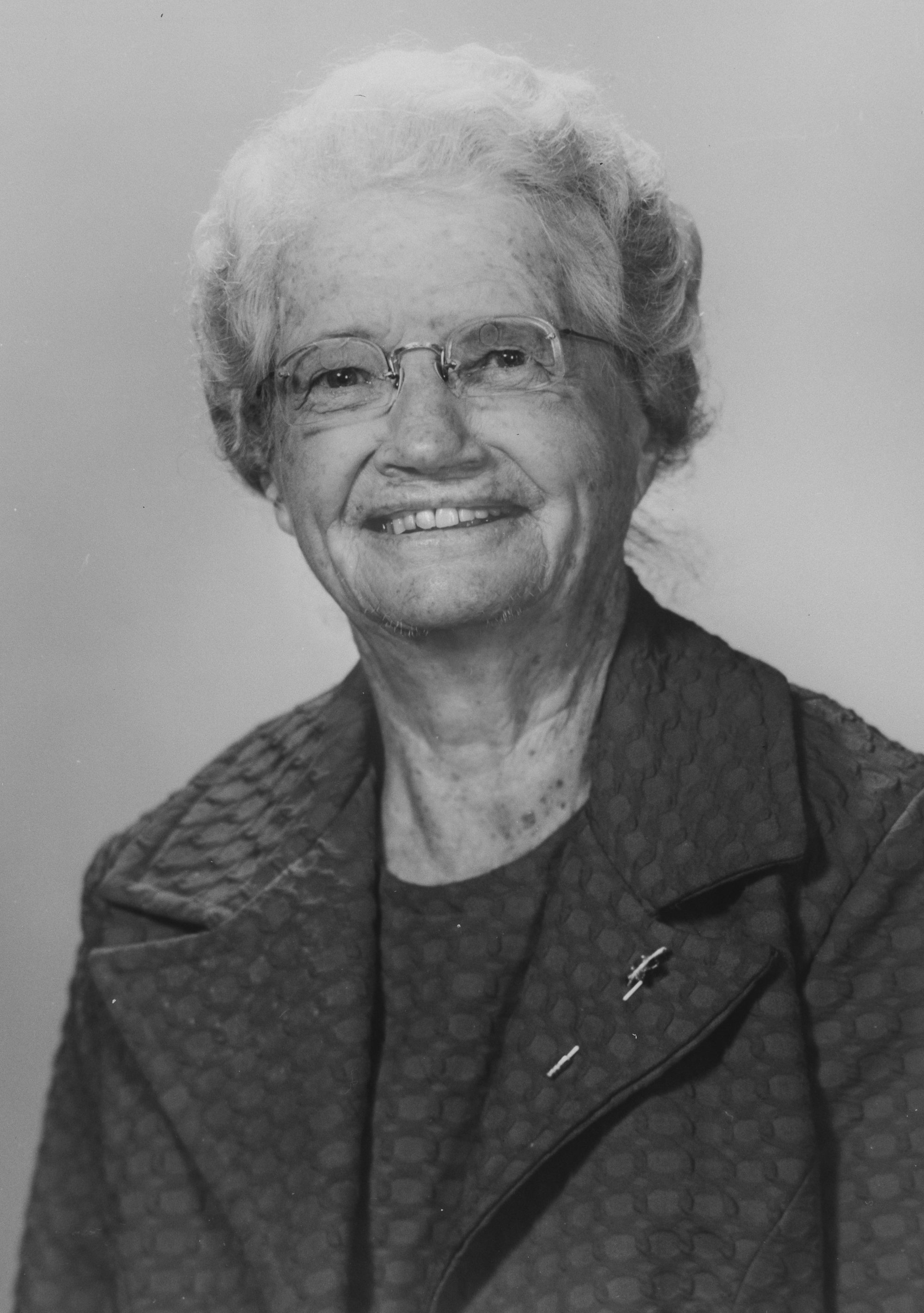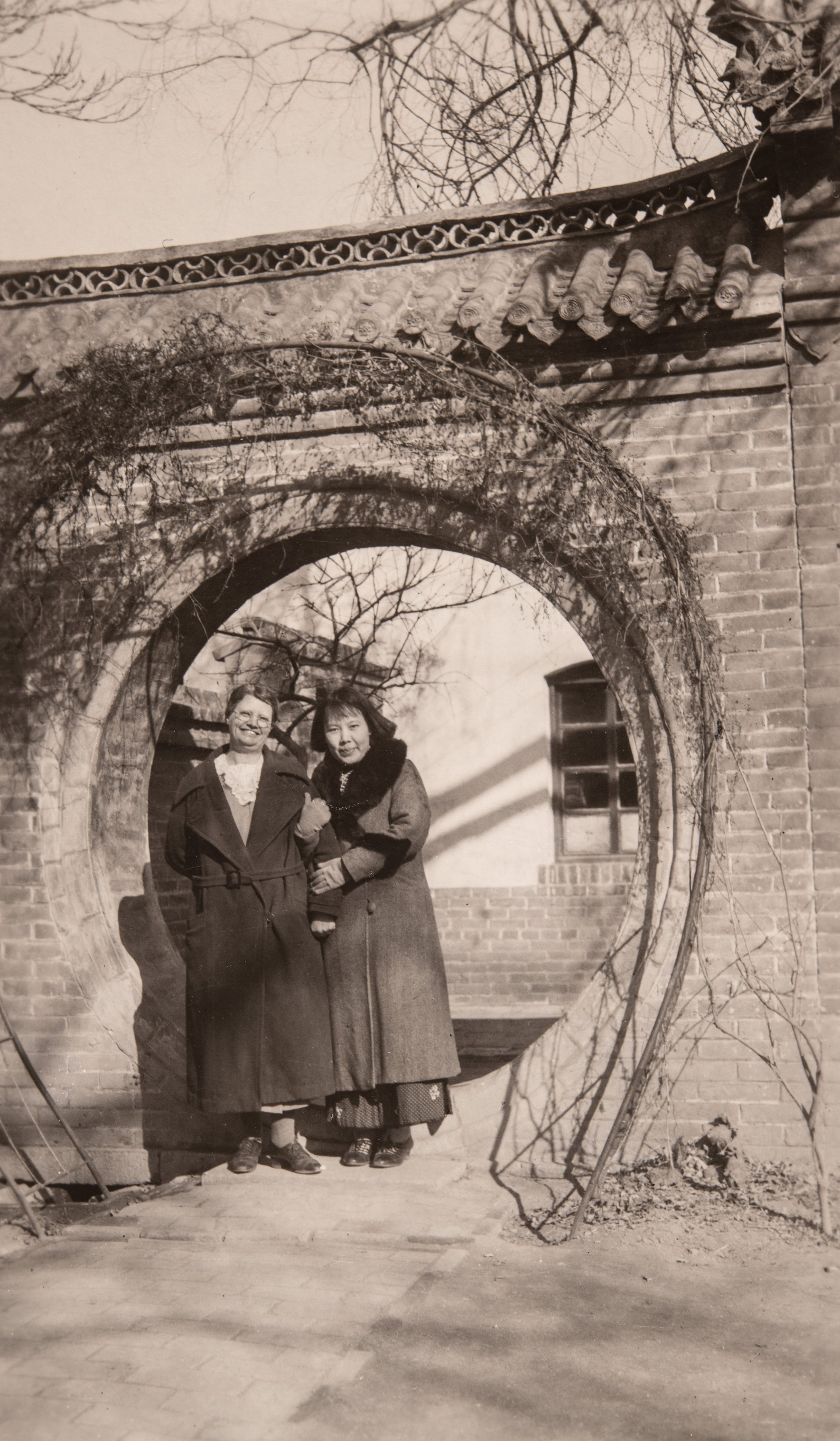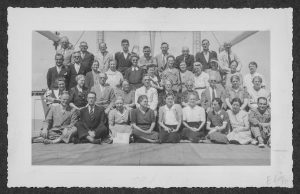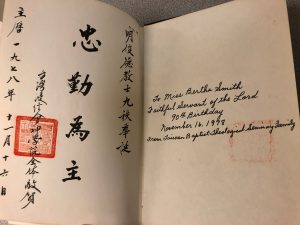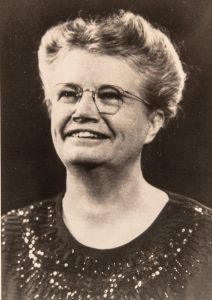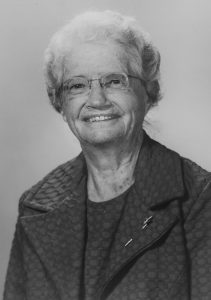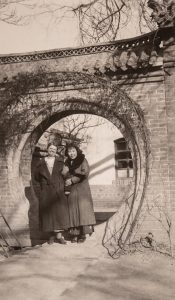Bertha Smith
Miss Bertha sat in the dark room waiting for her friend to respond. Her friend was so ashamed, she wouldn’t even allow a candle to be lit so Bertha could see her face.
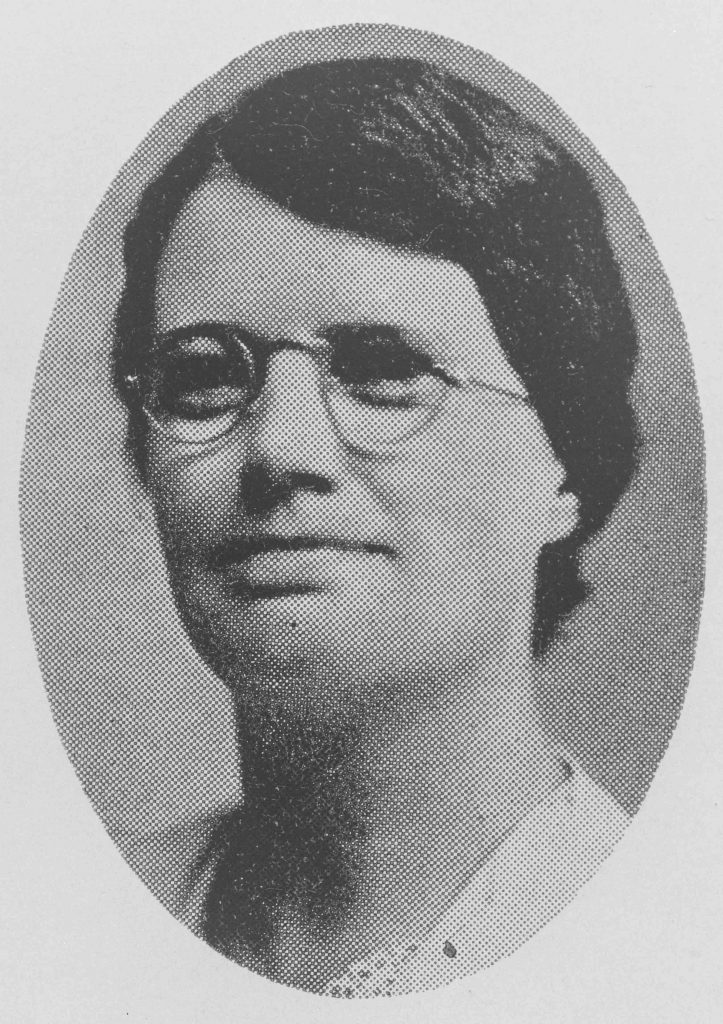
Miss Bertha sat in the dark room waiting for her friend to respond. Her friend was so ashamed, she wouldn’t even allow a candle to be lit so Bertha could see her face.
Bertha Smith already had a strong ministry in China when revival began to spread through the Shantung province. Chinese preachers and Bible-teaching women began to sense the conviction of the Lord first, seeking God for forgiveness and redemption. Soon this spiritual awakening, which would become known as the Shantung Revival, spread into churches and schools, igniting a new urgency to be right with the Lord and to evangelize.
During this time, one of the Chinese teachers at the school where “Miss Bertha” served asked to speak with her. Bertha led her friend to her study and moved to light the lamp. The teacher quickly stopped her, stating that her confession was so dark that she could not bear to look at Bertha’s face. As they sat together in the dark, the teacher confessed to having cheated on an exam that allowed her the privilege of teaching. The convicted woman surrendered her diploma to Bertha. Though Bertha accepted the diploma, she showed grace toward her friend, who was now feeling the sweet relief of peace with God. The woman went on to seminary and to a faith-filled ministry.
Bertha witnessed many such changed lives during the revival. The Shantung Revival continued through the next decade and encouraged Bertha to stand firm in ministry, even as Japanese forces invaded China at the beginning of World War II. She kept the local church open for services, started new Bible studies, and faithfully ministered at the hospitals, which were quickly overflowing with wounded. Her prayer life remained strong, even during a year in a Japanese internment camp. In 1948, she moved to Taiwan to continue another decade of service in Asia and a lifelong commitment to prayer.
